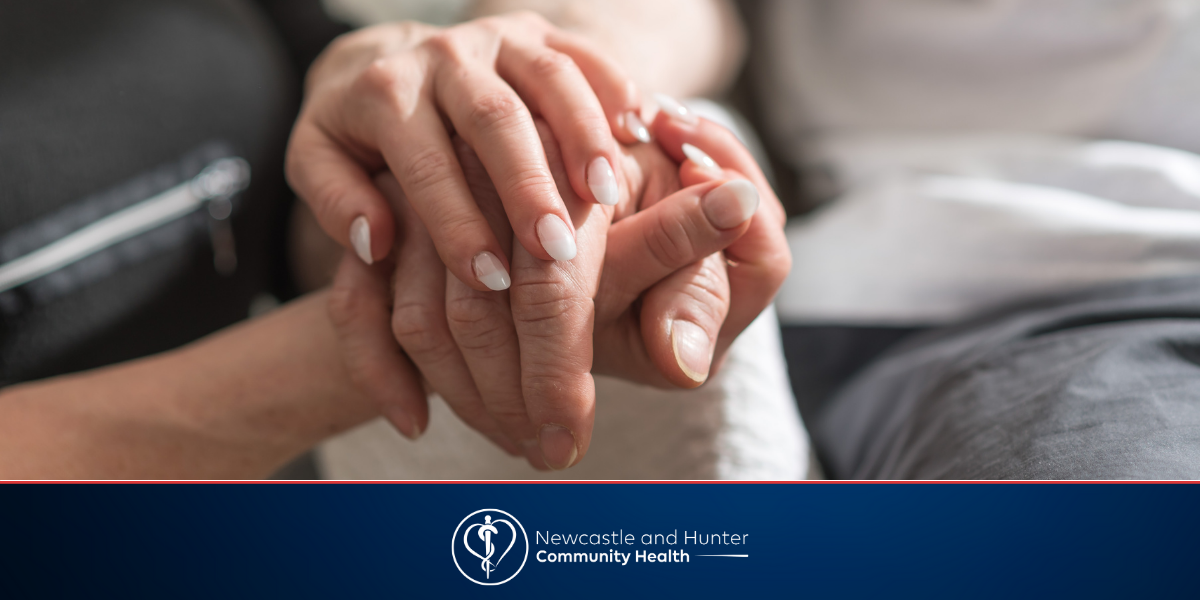Continuing to live in your own home as you age is important for many reasons and is easy to manage with our home health care services. Matched with our safety tips for seniors, your older years can be some of your most enjoyable.
Staying safe, healthy and happy takes a little bit of planning but as the saying goes, prevention is better than a cure. Taking the time to plan for your future needs will be worthwhile over the long term. Here’s some key house safety tips for seniors to consider:
How safe is your home?
We spend so much time there it can be easy to move around your home without thinking too much about personal safety. A few simple changes will help guard against avoidable injuries caused by falls and other accidents.
- Install handrails. Add handrails and grab bars in your shower and bath and next to the toilet. Make sure all stairs have handrails along both sides and if you need to carry something, hold the item in one hand and hold the handrail with the other. Also, make sure you can clearly see where you are stepping.
- Remove trip hazards. Move anything that could cause you to trip and fall. Needless clutter, small items of furniture, electrical cords and floor rugs are typical culprits. Arrange furniture so that you have clear pathways through your home, including in your outdoor spaces.
- Install anti-slip treatments. Available from the local hardware store, anti-slip strips attach easily to stairs and floors. Rubber mats are also essential in your shower and bath.
- Check your lighting. Adequate lighting in each room, at entrances and on the outside of your home is important, especially on stairs. Night lights in the bedroom, bathroom, hallways and kitchen are a good idea, as is a lamp beside your bed. Keep a few flashlights in handy places around your home in case you lose power. It’s recommended to always use the highest wattage possible in each fixture.
If you do have a fall at home, ask your doctor to recommend an occupational therapist to visit your home. They can implement changes to improve home safety and help prevent further accidents in the future.
Make your health a safety priority
Instead of only visiting your GP when you are unwell or require new prescriptions for medication, make an annual appointment with your doctor to have a full health check. Regular health check-ups are the best way to identify any early signs of health issues. Factors such as age, overall health, family history and lifestyle will determine if regular check-ups are needed more than once per year. Early detection means a better chance of effective treatment. Your doctor can also ensure preventative health measures, such as your annual flu vaccination, are scheduled.
Speaking of medication, effective management of any medication you take regularly is important. It’s not uncommon for older people to be taking multiple drugs daily to manage a range of conditions. Knowing the name, appearance, storage needs, and potential side effects is important. You can read more about the need to manage your medications here.
Staying physically active in your older years has excellent benefits for your overall health and wellbeing. Aim for at least 30 minutes per day doing a range of activities that cover overall fitness, strength, balance, and flexibility. If you’ve been a bit lax on regular exercise, try a gradual increase in the amount of activity you do over time. The Australian Government has a handy resource you might like to refer to called Choose Health: Be Active: A physical activity guide for older Australians that you can download. Even a slight increase in activity can make a positive difference to your health.
Safety tips for seniors also includes your mental health
In recent years, data from the Australia Bureau of Statistics has reported alarming rates of suicide among older Australians due to anxiety and depression, which can worsen with a lack of social interaction. In fact, Beyond Blue’s website suggests that 10-15 per cent of elderly Australians suffer from depression, and 10 per cent experience anxiety. They also claim that “older people are more likely to experience contributing factors such as physical illness or personal loss.” If you are experiencing low moods, reach out to your GP or one of the many telephone support services or website resources that offer advice and support.
Whether you live alone or with your partner, make sure you make the effort to remain socially connected. If you’re no longer driving, NHCH can help. One of the services we offer is transport to and from your home to social activities, making it easy for you to get out and about.
We care about your safety
Our team are dedicated to ensuring our aged citizens are always safe and happy. So, get in touch today to learn how we can arrange a safe home for you.
Need more assistance to manage day-to-day activities? Download our Home Care Brochure today.

